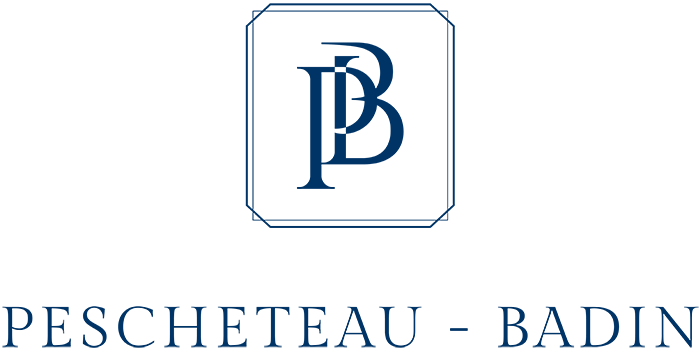Lot n° 16
Estimation :
300 - 400
EUR
Result without fees
Result
: 320EUR
CHASTELLUX (François-Jean de). Voyages [...] dans l'Amérique - Lot 16
CHASTELLUX (François-Jean de). Voyages [...] dans l'Amérique septentrionale, dans les années 1780, 1781 & 1782. À Paris, chez Prault, 1788-1791. 2 volumes in-8, 8-408 + (4 including those with white versos)-351 [erroneously numbered 1 to 320 and 221 to 251]-(one blank) pp. brown marbled and stained basane, smooth spines partitioned and decorated with gilt motifs with black title-pieces; spines rubbed, corners worn (period binding).
Second edition of this work originally published in 1786. Without plates. Chastellux had first printed an excerpt in 1781, in Newport, on board the ship that carried him to the American coast, Voyage de Newport à Philadelphie, Albany, &c., in some twenty copies. He published other extracts in a Gotha periodical, which were collected in 1785 in a pirate edition in Kassel, reprinted in Brussels in 1786.
A COLLECTION OF JOURNALS FROM THREE SUCCESSFUL TRAVELS: the first journey took Chastellux from Newport to Providence, then to the camps of the Marquis de La Fayette and Washington at Preakness (New-Jersey). Passing through Princeton, Chastellux passed through the English posts to Philadelphia, then up through New Windsor, Albany, Schenectady, Saratoga, Fort Edward and Lebanon. The second trip took him to Virginia: Williamsburg, Monticello, New London, then back to Petersburg and Richmond. The third took him from near Boston to Portsmouth in the North, then as far south as Philadelphia.
A PERCEPTIVE PICTURE OF NATURE AND PEOPLE. Chastellux paints landscapes, often untouched by nature - the oak forests of Virginia, for example - and, without forgetting the Indians, evokes the colonists and their difficult lives, in which solidarity plays a major role, talks about the Quakers and the Moravian brothers, shows how trade developed, how a network of small towns was established, how universities appeared... He draws a clear distinction between the North and Virginia, where wealthy planters rubbed shoulders with black slaves and frustrated, poor white farmers. He also describes the Revolutionary War battlefields through which he passed, including the Battle of Brandywine.
A GALLERY OF PORTRAITS OF THE AMERICAN AND FRENCH PERSONALITIES HE MET: George Washington, Thomas Jefferson, Benjamin Franklin's daughter, Robert Morris, the Marquis de La Fayette, the Marquis de Vaudreuil, the French ambassador and future Marquis de La Luzerne...
POLITICAL AND SOCIAL SPECULATIONS. Preoccupied by the problems of his time, aware of the transition between two systems of society, Chastellux combines his descriptions with numerous reflections on society and forms of government. In particular, he publishes here the text of an important letter he wrote to future president James Madison, on the subject of religion, science and the fine arts, luxury and morality, in which he expresses the idea that the prosperity of the United States will go hand in hand with the progress of knowledge.
ARISTOCRATE ECLAIRE, ACADEMICIEN, OFFICER OF THE UNITED STATES' WAR OF INDEPENDENCE, FRANÇOIS-JEAN DE BEAUVOIR, CHEVALIER PUIS MARQUIS DE CHASTELLUX (1734-1788) was the grandson of the famous Chancellor d'Aguesseau, and like his father pursued a military career: colonel in 1759, he was made brigadier in 1769, CHEF D'ETAT-MAJOR DU COMTE DE ROCHAMBEAU EN AMERIQUE in 1781, was promoted to inspector of infantry after 1783 and raised to the dignity of maréchal de France in 1791. Chastellux was a literary man, and published a variety of texts on military subjects, as well as aesthetic issues, plays and an essay on felicity admired by Voltaire. He contributed to the Encyclopédie, and was elected to the Académie française in 1775.
America remained close to his heart: in 1786, he translated into French a patriotic poem by David Humphreys, Washington's former aide-de-camp, and in 1787, on a subject proposed by Abbé Raynal to the Académie de Lyon, he wrote a Discours sur les avantages ou les désavantages qui résultent pour l'Europe de la découverte de l'Amérique (this competition was not won, and none of the texts submitted were printed).
My orders
Sale information
Sales conditions
Return to catalogue

